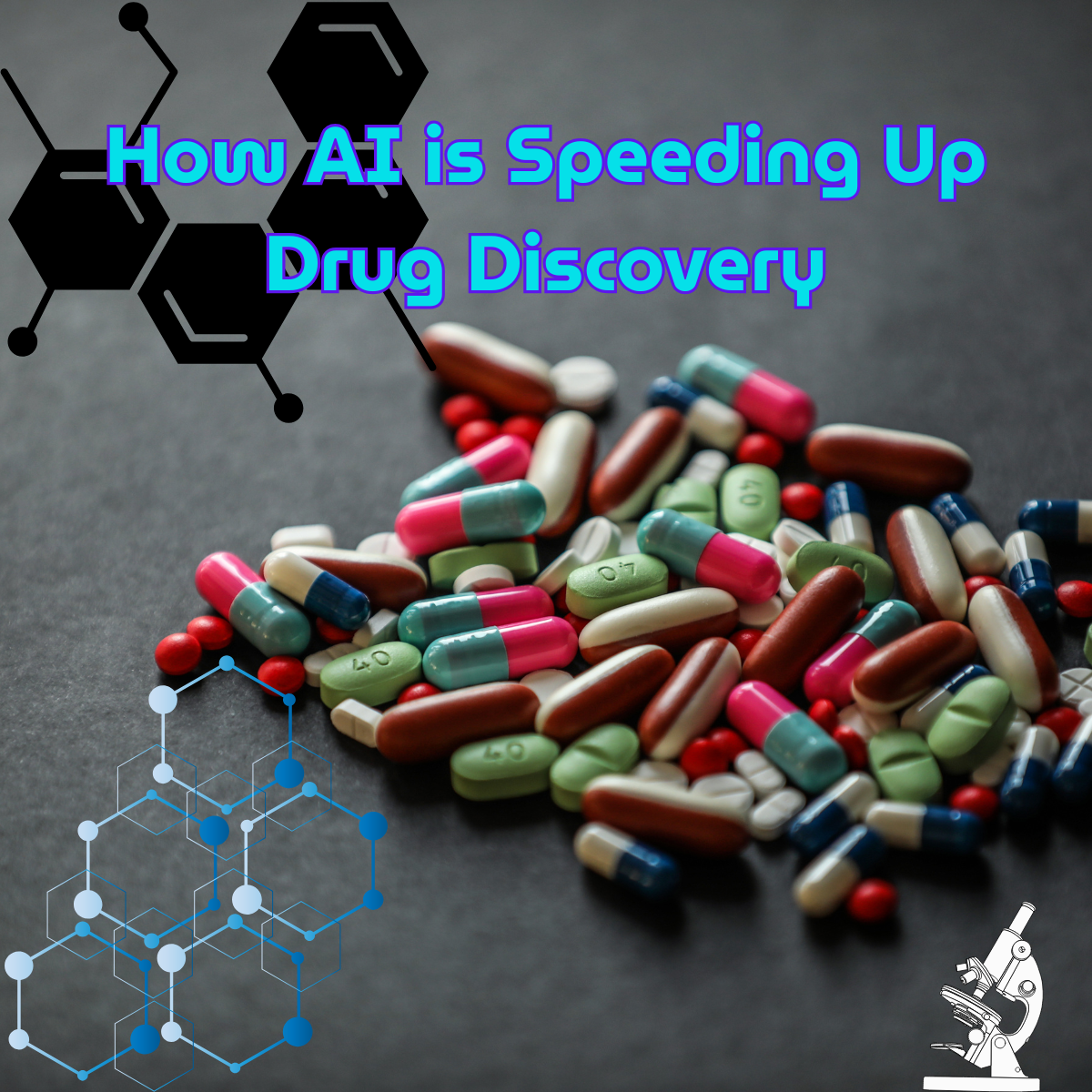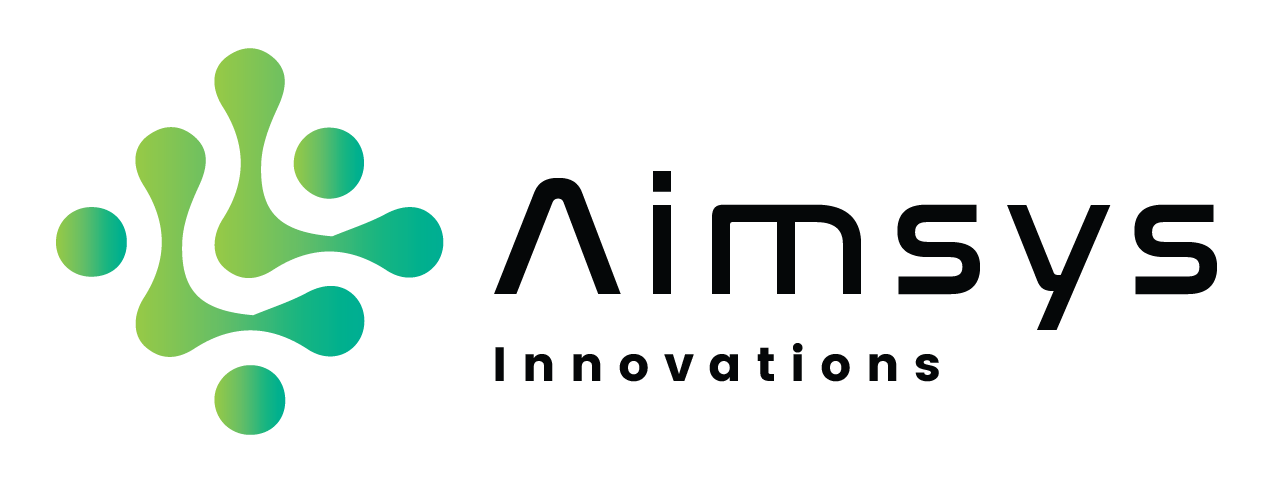Posted At: Aug 18, 2025 - 371 Views

💊💉 Revolutionizing Drug Discovery: How AI is Transforming the Pharmaceutical Industry
The pharmaceutical industry is undergoing a profound transformation, powered by Artificial Intelligence (AI). Traditionally, drug discovery has been a slow, expensive, and uncertain process—taking more than a decade and billions of dollars to bring a single drug to market. Today, AI is helping researchers overcome these challenges by streamlining workflows, uncovering hidden insights, and accelerating the path to breakthrough therapies.
🚧 The Challenges of Traditional Drug Discovery
Developing a new drug has always been a complex endeavor. Some of the most pressing challenges include:
- High Costs – Estimates suggest it can cost over $2.6 billion to develop a single drug, with much of this expense tied to failed candidates.
- High Failure Rates – More than 90% of drugs entering clinical trials fail to make it to market due to safety, efficacy, or market fit issues.
- Data Overload – With vast and fragmented biomedical data, identifying promising drug candidates has historically been like searching for a needle in a haystack.
AI is poised to turn these challenges into opportunities.
💎 How AI is Impacting Drug Discovery
💥 Data Analysis and Pattern Recognition
AI thrives in analyzing complex, large-scale datasets. By applying machine learning algorithms to chemical, biological, and clinical data, researchers can uncover hidden patterns and relationships that human experts may overlook. This capability speeds up the identification of potential drug candidates and increases the likelihood of success.
💥 Predictive Modeling
By analyzing past trial results and molecular structures, AI can build predictive models that forecast the success or failure of new drug candidates. This allows pharmaceutical companies to focus resources on compounds with the highest probability of success, reducing costly failures.
💥 Molecular Design and Optimization
Generative AI models are now capable of designing novel molecules with desired characteristics such as potency, selectivity, and safety. These AI-driven platforms can simulate interactions at the molecular level, helping researchers create optimized drug candidates faster and more efficiently.
💥 Repurposing Existing Drugs
AI can unlock new therapeutic uses for existing drugs by identifying unexplored correlations in biomedical data. This not only shortens the time-to-market but also reduces risks since safety profiles of approved drugs are already well-documented.
💥 Clinical Trial Optimization
AI-powered tools can enhance every stage of clinical trials—from identifying eligible patient populations to predicting dropout risks and monitoring trial data in real time. Smarter trials mean faster recruitment, more reliable results, and reduced development timelines.
💥 Personalized Medicine
One of the most promising areas of AI is its role in precision medicine. By analyzing genomic data, electronic health records, and lifestyle factors, AI enables the customization of treatments tailored to individual patients. This improves treatment efficacy while minimizing side effects.
🌍 Real-World Examples of AI in Drug Discovery
Several pioneering companies are already leveraging AI to accelerate drug development:
- Atomwise – Uses deep learning to predict how small molecules interact with protein targets, speeding up hit identification.
- Insilico Medicine – Applies generative AI to design new molecules and optimize drug candidates for clinical success.
- BenevolentAI – Uses AI to uncover novel drug targets and develop treatments for complex diseases, including neurological disorders.
These examples highlight how AI is moving drug discovery from chance-driven experiments to data-driven innovation.
AI is not just enhancing drug discovery—it is redefining it. By combining computational power with advanced algorithms, the pharmaceutical industry can now design, test, and deliver therapies faster, cheaper, and with greater precision.
The future of medicine will be shaped by AI-powered insights that bring lifesaving drugs to patients more efficiently than ever before. From faster trials to personalized treatments, AI is paving the way for a new era of healthcare innovation.
💡 The bottom line: AI isn’t just supporting drug discovery—it’s revolutionizing it.
